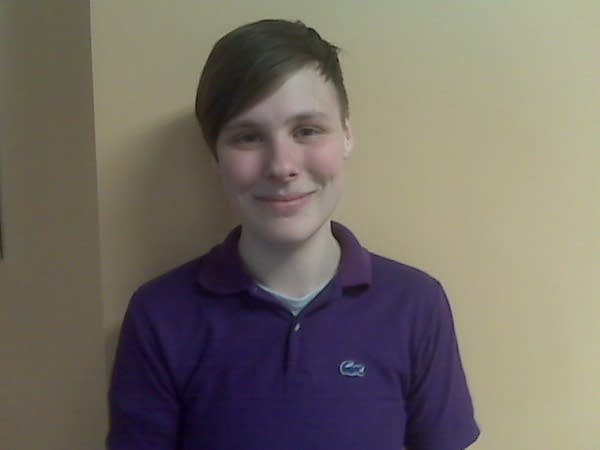For some young people, bullying is an assault to be not just endured, but survived

"Dyke!"
The word hissed through the air as I walked down the hallway toward my sixth hour class. AP English. This slur-slinging happened nearly every day my junior and senior years of high school, sometimes accompanied by lewd gestures, shoves or hateful messages shoved into my locker.
I learned to duck my head and walk quickly, avoiding my perpetrators via carefully plotted alternate routes to class. I survived, but there are moments even as an adult when I feel the sting of that time acutely.
My story, or a variation of it, is all too common. Bullying has become a cultural motif for teenagers in America. Everyone, from parents to President Obama, reassures kids that "it gets better," while movies and television normalize bullying, an addendum to all of the other things that make adolescence such a turbulent time. It's a twisted rite of passage for too many of us, something awful that you endure as a kid. And then somehow you magically come out fine on the other side.
Create a More Connected Minnesota
MPR News is your trusted resource for the news you need. With your support, MPR News brings accessible, courageous journalism and authentic conversation to everyone - free of paywalls and barriers. Your gift makes a difference.
Only thing is, some kids aren't making it all the way across.
A lot of kids get teased about something at some time during childhood or adolescence. Maybe they get guff for their big buck teeth, or for the pants their mom bought at Wal-Mart and sewed an extra stripe onto so that they looked like Adidas. But bullying is different from teasing - bullying is violent, continuing, and dangerous.
Reports of teen suicides across the country as the result of incessant bullying should give us all cause for concern. Bullying can have both immediate and long-term effects on victims, ranging from increased feelings of isolation and depression to self-harming behaviors. The effects can be fatal. Bullying is bigger, harder, and more unyielding than just giving someone a hard time. The loss of life as a direct result is proof enough of that.
Gay, lesbian and transgender teens are not the only youth counted among these most recent suicides, and they are not the only ones who endure anti-gay bullying. For each GLBT teen who is a target of anti-gay bullying, four more straight-identified students endure anti-gay harassment. This shouldn't be surprising. In a culture where being called "faggot" or "lesbo" is a common putdown, and where "that's so gay" is an expression of scorn, anti-gay bullying and hate speech affect everyone, gay and straight. This is not a narrow problem, limited to a small minority of teens. The devastating effect that bullying had for these and millions of other teens across the country cannot be ignored.
Luckily, many folks are speaking up and speaking out about bullying in all its forms. Just last month, Sen. Al Franken introduced the Student Non-Discrimination Act in the Senate. This important legislation will ensure that bullying based on a person's actual or perceived sexual orientation is not tolerated. And the White House has also renewed its commitment to combating bullying through an awareness-raising campaign co-sponsored by MTV and Facebook.
The ball is rolling, and citizens can carry the momentum in their own actions. Consider engaging administrators at your local middle and high schools to find out how they respond to reports of bullying. Encourage them to enforce a zero-tolerance policy. Make a point of asking the young people in your life how they feel at school and let them know that you are a safe adult they can confide in. If you catch yourself using hateful language or slurs, stop.
But the best thing you can do is remember how bullying affected you. Whether you were the kid who got shoved, the kid who did the shoving, or the kid who watched it happen and spoke up, or not -- bullying has a lasting effect on everyone.
When I was a teenager, the adults in my life told me that I just had to shake it off, that everything would get better once I made it through high school. In a way, they were right.
I made it to the other side. Grew a thick skin. Built character.
But I don't want my rite of passage to be the common narrative of our next generation.
Every kid -- buck teeth, faux name-brand pants, gay, straight or somewhere in between -- deserves to make it to the other side.
----
Em Westerlund is an advocate and community educator at PAVSA (Program for Aid to Victims of Sexual Assault) in Duluth.
